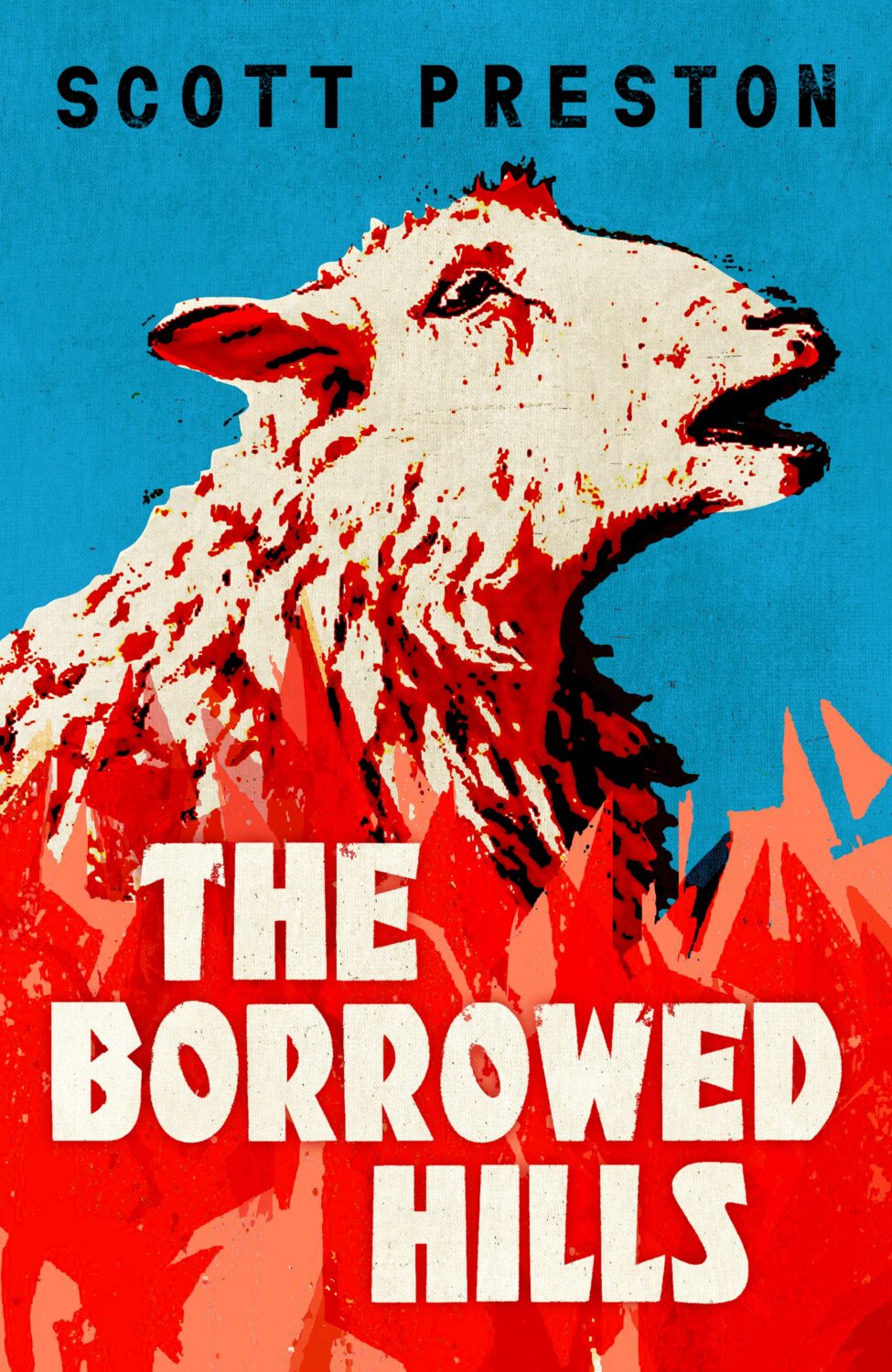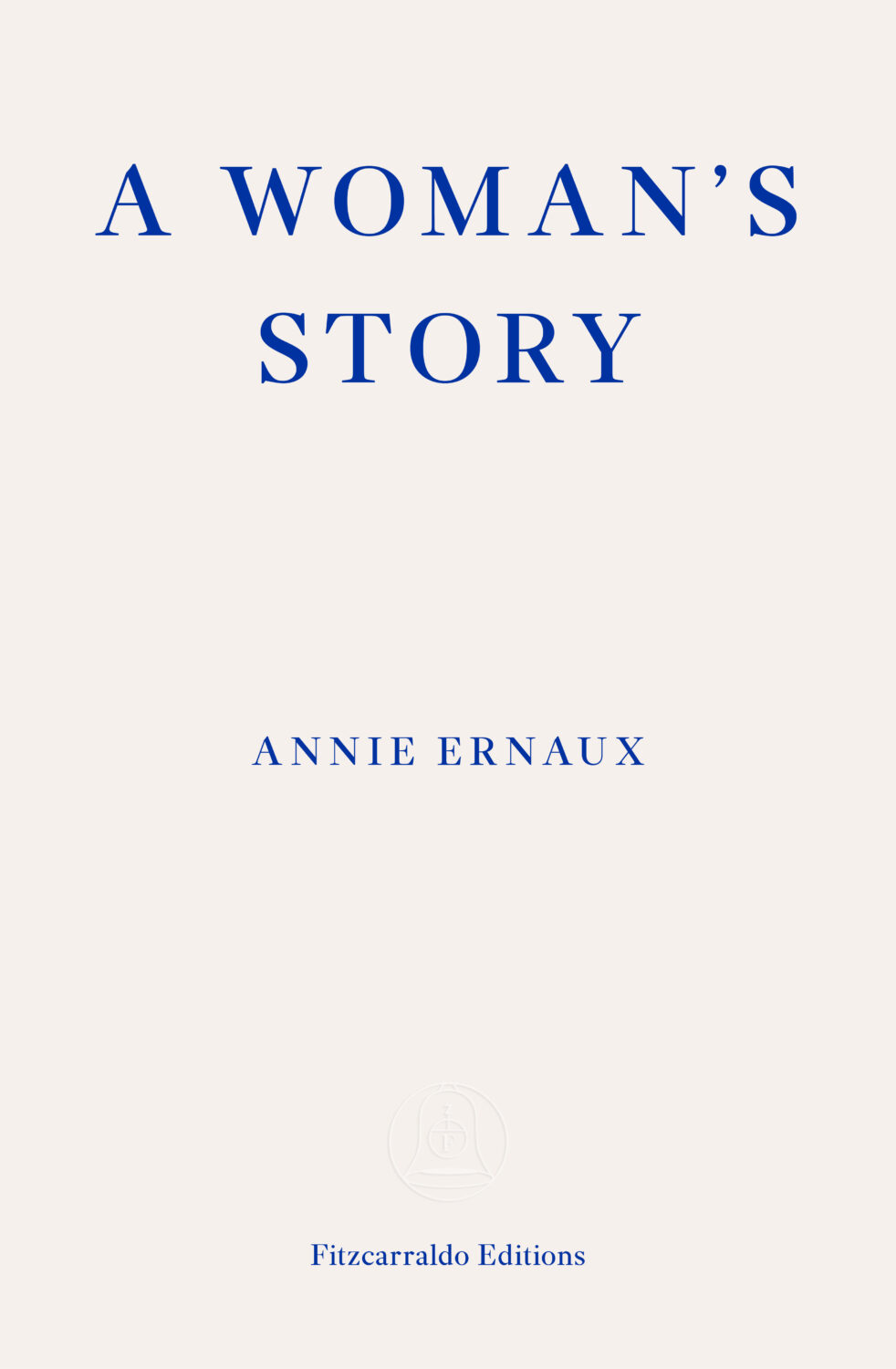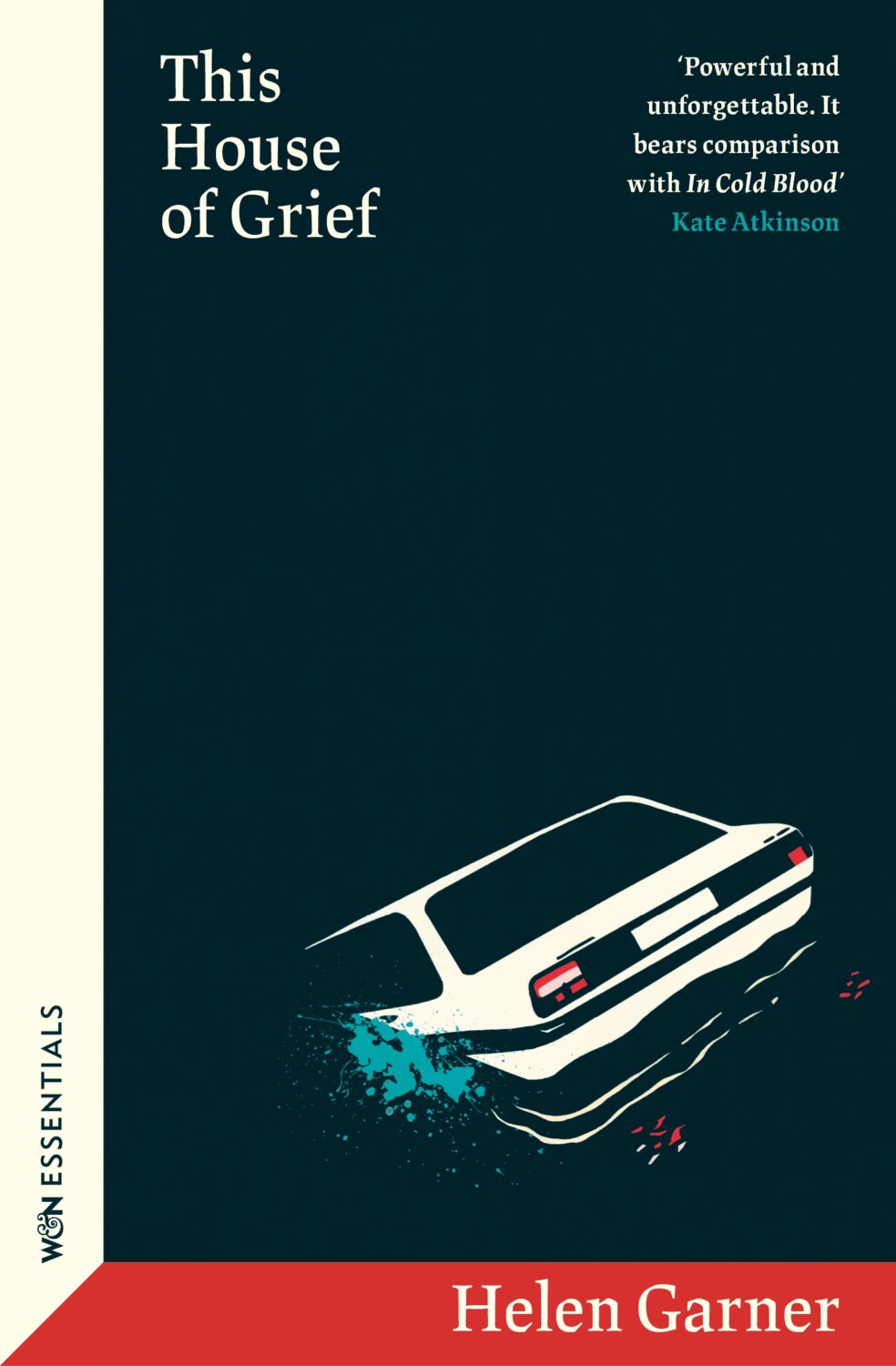Cumbrian Sheep Farmers Turned Outlaws, Chilling Australian True Crime, and the Latest from Annie Ernaux: What to Read This Month
By Bartolomeo SalaWelcome back to the second instalment of Something Curated’s monthly book review. We hope you enjoyed the inaugural issue, back in March. Now, I will admit some of the books in this, the April round-up, are not for the faint-hearted, but when it comes to art there is nothing quite like being shaken to the core. As Kafka once said: a book should be like “the axe for the frozen sea within us.” I hope you enjoy this month’s selection. Please like, share, and let us know what you think of the books in the comments.
THESE BORROWED HILLS
Scott Preston

John Murray Press, pp. 272
From William Faulkner all the way to Cormac McCarthy, the US has a hallowed tradition of high stylists portraying the obsessions and sheer violence that comes with living in a rural milieu. Not so much the UK, in which the countryside is usually depicted in rather idealising terms as a locale whose traditions and communities may have been wronged or neglected but are still essential to the nation’s self-image. This is curious as there is no shortage of rugged, awe-inspiring landscapes, economically disadvantaged areas, and people clinging stubbornly to old ways of life on the brink of disappearing.
These Borrowed Hills – which takes its cue from the author’s experience of growing up in the Lake District at the turn of the millennium, just as foot and mouth disease was ravaging the region and caused the mass culling of sheep flocks – tells precisely such a story. It’s an exquisitely dark depiction of the lengths people are ready to go out of a sense of devotion and loyalty to a landscape which gives nothing back.
Buy These Borrowed Hills here.
A WOMAN’S STORY
Annie Ernaux

Fitzcarraldo Editions, pp. 69
I have to confess, to my utmost shame, that I haven’t read The Years, Nobel prize-winner Annie Ernaux’s masterpiece and belated breakthrough in the English language. I have however read many of her shorter works, including Happening, which told the experience of a university student’s clandestine abortion; Simple Passion, which recounted her obsession and affair with a married man; and A Man’s Place, the companion piece to A Woman’s Story, which told the story of Ernaux’s father’s upward social mobility.
This is all to say that I thought I knew what was coming. Told in Ernaux’s characteristic dispassionate, objective style, it relates the life story of the author’s mother, a shopkeeper and restaurateur who in her later years was consumed by Alzheimer’s. From the opening scene to the last devastating line, I dare you to find a book that packs that kind of punch (and truth) in so few pages.
JAMES
Percival Everett

Mantle, 320 pp.
Everett is the author of contemporary classic Erasure, which was recently adapted for the screen by Cord Jefferson in her directorial debut American Fiction. A bitingly funny take-off of the American obsession with marketing labels and fear of difference, that novel, first published in 2004, told the story of Thelonious “Monk” Ellison, a college professor and certified highbrow, who, frustrated by the disregard for his sophisticated novels, decides to cash-in and write a novel full of cliché and Black stereotypes – the kind of novel the (largely white middle-class) market really wants.
Similarly, James – a retelling of Mark Twain’s classic The Adventures of Huckleberry Finn from the point-of-view of Jim, the slave that accompanies Huck on some his wanderings around the Mississippi River – takes aim in tongue-in-cheek fashion at the pacifying “front” Black people have to put on to survive, and how language – one’s own way of speaking – can be at the same time a prison and a tool for emancipation.
THE HOUSE OF GRIEF
Helen Garner

Weidenfeld & Nicolson, pp. 320
Generally speaking, I am not a fan of true crime: I dislike the morbid curiosity that poses as moral outrage and which often seems to animate most of the genre. At the same time, there are few things more satisfying than witnessing a true artist taking up a case – a gruesome murder, often inexplicable in its brutality – and dissecting all of its aspects.
Originally published in 2014, but now re-issued in paperback by W&N, Helen Garner’s This House of Grief follows the case of a father – an otherwise completely ordinary man called Robert Farquharson – who in 2005 killed his three children, most likely as revenge against the wife who left him. It’s a chilling story, one of those senseless murders that makes you avert your eyes, but it’s Garner’s relentless drive to cover the facts and get to the bottom of the characters’ psychologies with an unsparing eye that makes it almost impossible to put down.
THE MAN WHO CRIED I AM
John A. Williams

Fitzcarraldo Editions, pp. 521
First published in 1967, and inspired by the author’s friendship with much more famous novelist Black American Richard Wright, The Man Who Cried I Am is a typical roman-à-clef that fictionalises some of the biggest figures in Black American history (James Baldwin, Martin Luther King Jr, Malcolm X all make a cameo) and offers a snapshot of the plight of the Black intellectual turned into a token by the publishing industry and seen as a threat by both society and the US government.
It’s an immensely entertaining, wacky novel with an impishness and melancholy that deals with mortality, as well as the then controversial subject of interracial relationships; and that, in some way, prefigures the paranoiac mode of much American cinema and literature of the 1970s. A great rediscovery.
Buy The Man Who Cried I Am here.
Bartolomeo Sala is a writer and reader based in London. His writing has appeared in Frieze, Vittles, and The Brooklyn Rail. Composite header courtesy of images from John Murray Press, Mantle, and Weidenfeld & Nicolson.